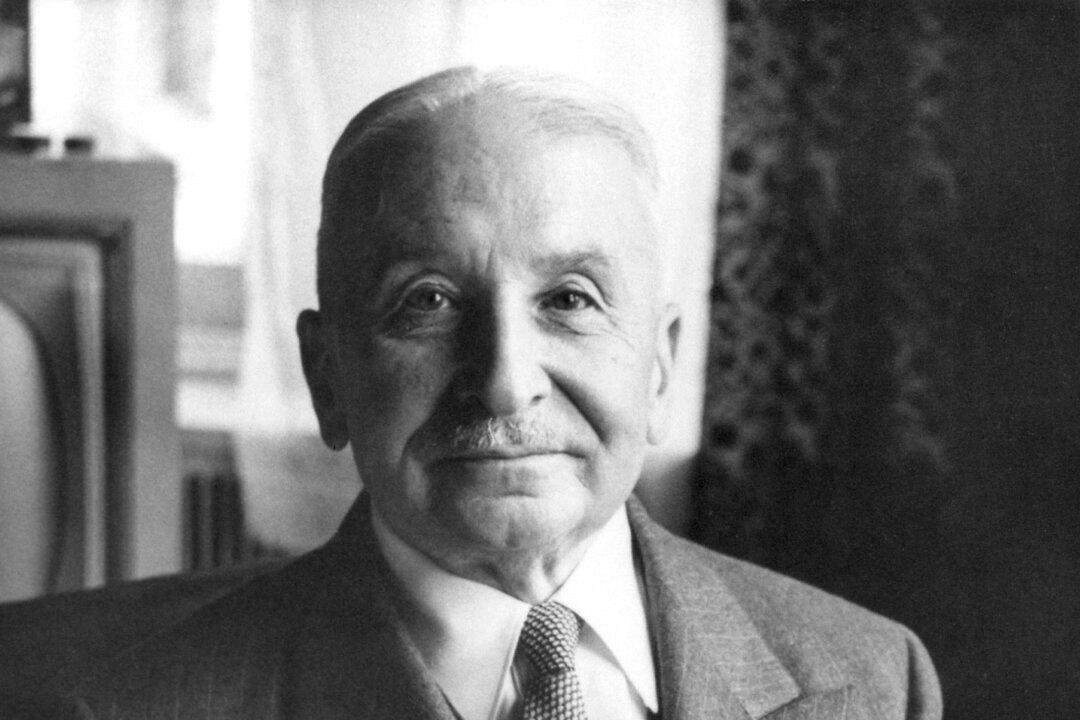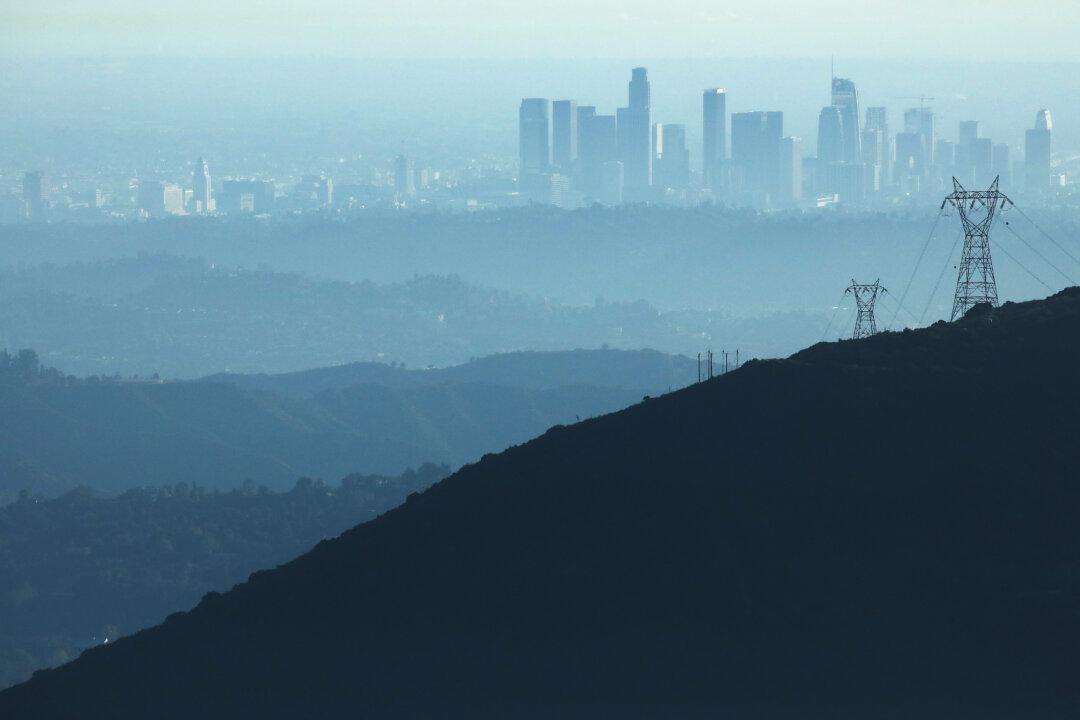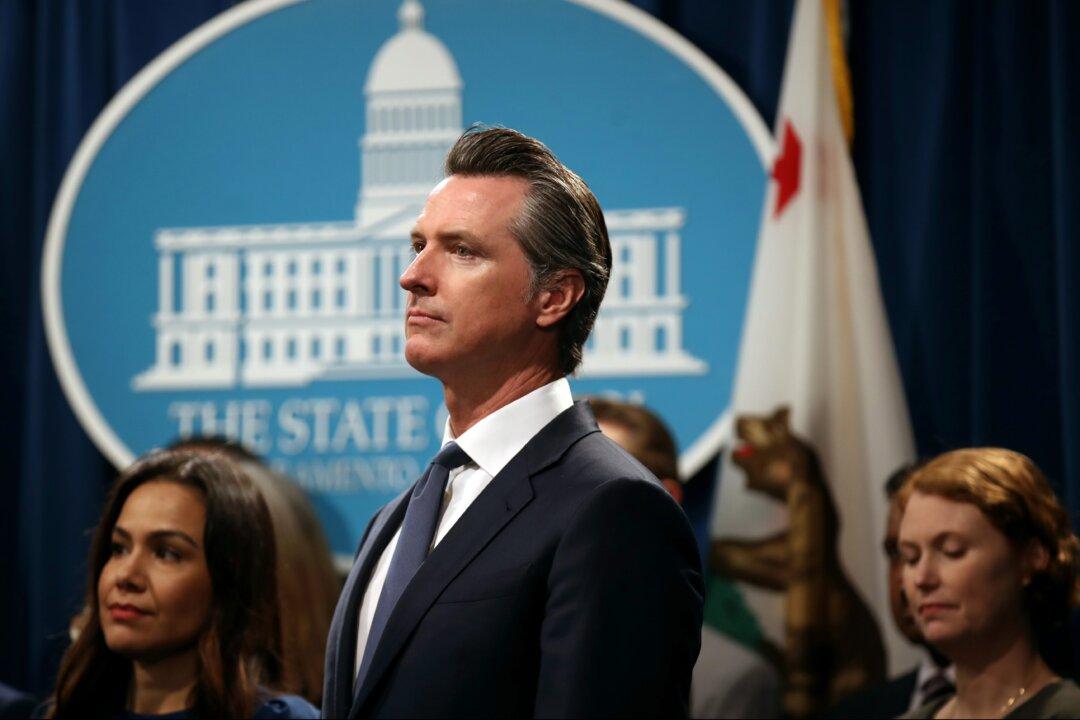News Analysis
In October 1944, Austrian economist Ludwig von Mises was a guest of honor in a gathering of business leaders at The California Club in Los Angeles. Introduced as “the most eminent and uncompromising defender of English liberty and the system of free enterprise,” the economist had already made a name for himself as an ardent critic of socialism.




